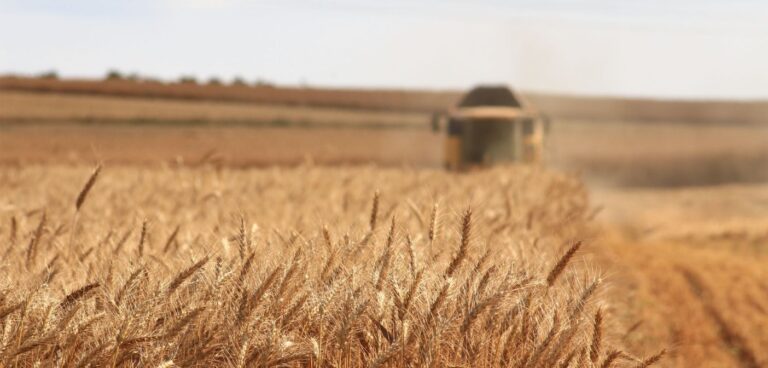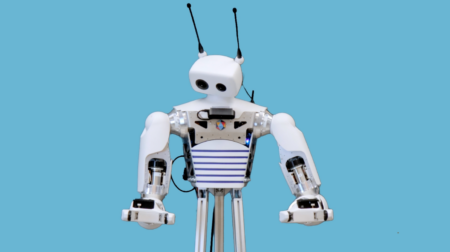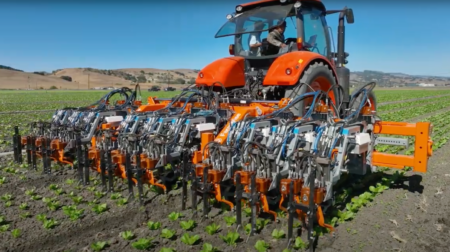A team of international researchers is investigating new ways to monitor crop growth by using biodegradable sensors that can be composted.
Called Transient Electronics for Sustainable ICT in Digital Agriculture, the £1.8m project is led by researchers from the University of Glasgow and supported by colleagues in Canada, Finland, Poland and Switzerland.
Over the next three years, the project partners hope to build a new type of sustainable modular sensor system.
The team plans to develop devices from sustainable and degradable materials to minimise electronic waste.
The devices will have two parts: a solar-powered patch that can be applied to crop leaves to measure key growth indicators, and an electronic module that can wirelessly transmit the collected data to a central computer.
The team wants the sensors to be compostable and capable of nourishing the soil at the end of their lifespan.
Achieving this will involve researching how everyday materials such as rice husks or biodegradable polymers (e.g starch or cellulose) can be used to create compostable electronic components. These will then be combined with conductive metal nanoparticles.
Professor Ravinder Dahiya, project coordinator, said: “Harnessing the power of the internet of things is particularly attractive in farming, where the challenges of growing crops as we adapt to the unpredictable effects of climate change will require close monitoring of fields and quick responses to problems to maximise crop yields.
“However, the proliferation of digital devices… is also leading to a massive expansion in digital waste.
“As potentially dangerous materials in components such as batteries and printed circuit boards degrade, they create hazards to the environment and to human and animal health, which can last for decades.
“What we’re setting out to do with this project is to build hardware which is designed from the start to be disposable without creating problematic waste. In fact, the waste materials from our sensors will help to grow future crops of the plants they once monitored.
“I’m confident that we can create prototypes with the potential to make real change and take us closer to achieving a zero-waste world.”
The research will also explore how to power the compostable components with biodegradable organic photovoltaic materials, which will enable the patch to monitor crops’ pH, temperature and bioimpedance.
The collected energy will then be stored in a biodegradable supercapacitor, which is a sustainable, non-toxic alternative for conventional battery power.
The team hopes to equip the electronic module with wireless communication technology, while ensuring the design can be repaired and reused.








